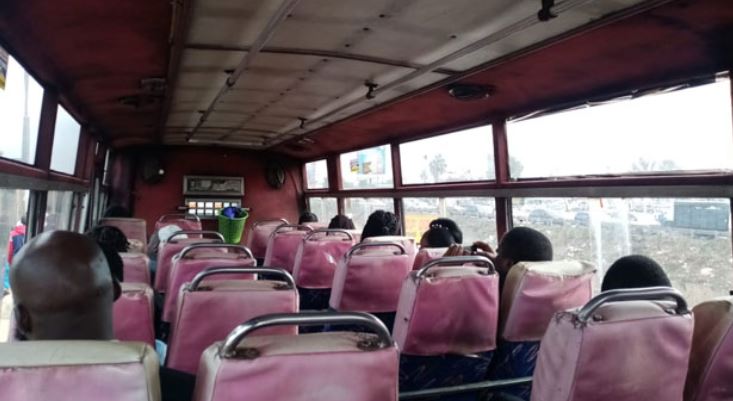
In the new guidelines, a 14 seater capacity matatu will now be allowed to carry 10 passengers as opposed to 8, including driver and crew.
Transport CS James Macharia also allowed 33-seater PSVs a sitting capacity of 18 including the driver and crew. 51-seater buses have been permitted to ferry 30 passengers, including the driver and crew.
Bodaboda and TukTuk operators will carry one pillion passenger but the CS said the Health ministry should consider reviewing the directive to allow tuktuks to carry two passengers.
At the same time, CS Macharia said a five-seater car will now be allowed a maximum of three passengers and a seven-seater car a maximum of five passengers.
With regards to long distance travelers, bus companies are required to keep passenger manifests for a minimum period of one month before destroying them.
“The bus companies will provide without undue delay and without prejudice the full names, nationality, passport or ID Number, telephone number allocated seat and usual residence to the relevant public health authorities upon request for contact tracing purposes,” the guidelines read.
The driver’s contact address should also be prominently displayed for any reference.
“They must sensitize passengers on safety measures before departure for the distance journey and ensure that every public service vehicle have waste bins with a liner for safe waste disposal,” said the CS.
CS Macharia said the government will identify and gazette designated stop-overs along the transport corridors, introduce and promote the use of a cashless fare payment system in the PSV industry.
“The government shall enhance enforcement of the traffic rules and regulations and remove illegal gangs along the routes that have invaded the sector for rent-seeking and in addition ensure that rogue motorists do not cause obstruction to traffic flow along busy road section/junctions,” he said.
“This is in order to decrease congestion on the road network thereby reducing onboard travel time for commuters thus significantly decreasing the exposure time for people while in PSVs.”






